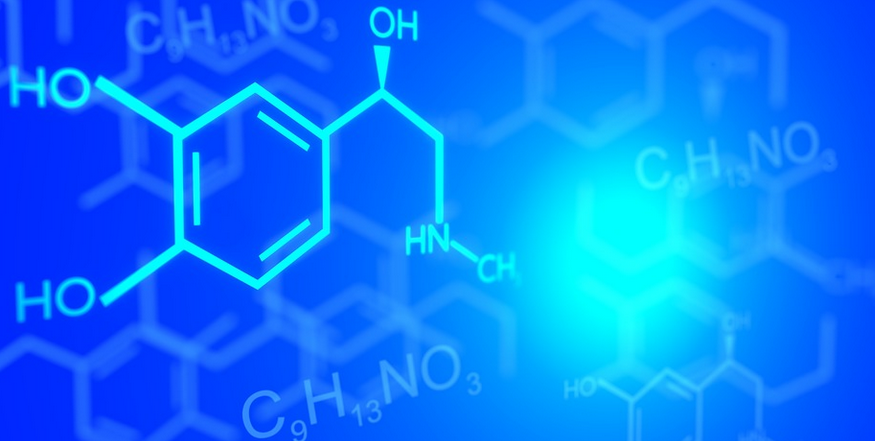The Presence of Benzene in Soft Drinks
Soft drinks are a popular beverage choice for many Indonesians. However, recent studies have shown that some soft drinks may contain benzene, a carcinogenic substance. Benzene is a colorless, flammable liquid that is used in the production of various chemicals. It is also a byproduct of combustion and can be found in small amounts in gasoline, tobacco smoke, and exhaust fumes.
The Dangers of Benzene Exposure
Exposure to benzene can have serious health consequences. Long-term exposure to high levels of benzene can increase the risk of developing leukemia, a type of blood cancer. Benzene exposure can also cause anemia, damage to the immune system, and reproductive problems.
Regulations on Benzene Levels in Soft Drinks
In Indonesia, the National Agency of Drug and Food Control (BPOM) is responsible for regulating the safety of food and beverages. The agency has set a maximum limit of 5 parts per billion (ppb) for benzene levels in soft drinks. However, recent testing has shown that some soft drinks in Indonesia contain benzene levels that exceed this limit.
Brands Found to Contain Benzene
Several popular soft drink brands have been found to contain benzene in Indonesia. These include Coca-Cola, Pepsi, and Fanta. The levels of benzene found in these drinks varied, with some exceeding the 5 ppb limit by a significant amount.
What Consumers Can Do
Consumers can take steps to reduce their exposure to benzene in soft drinks. One option is to choose beverages that are known to have low levels of benzene, such as bottled water or tea. Another option is to limit the amount of soft drinks consumed.
Advocating for Change
Consumers can also advocate for change by contacting soft drink companies and urging them to take action to reduce benzene levels in their products. They can also contact regulatory agencies and ask them to enforce stricter limits on benzene levels in soft drinks.
The Importance of Awareness
Awareness of the dangers of benzene in soft drinks is crucial for protecting public health. By staying informed and taking action, consumers can help ensure that soft drinks are safe and free from harmful contaminants.

